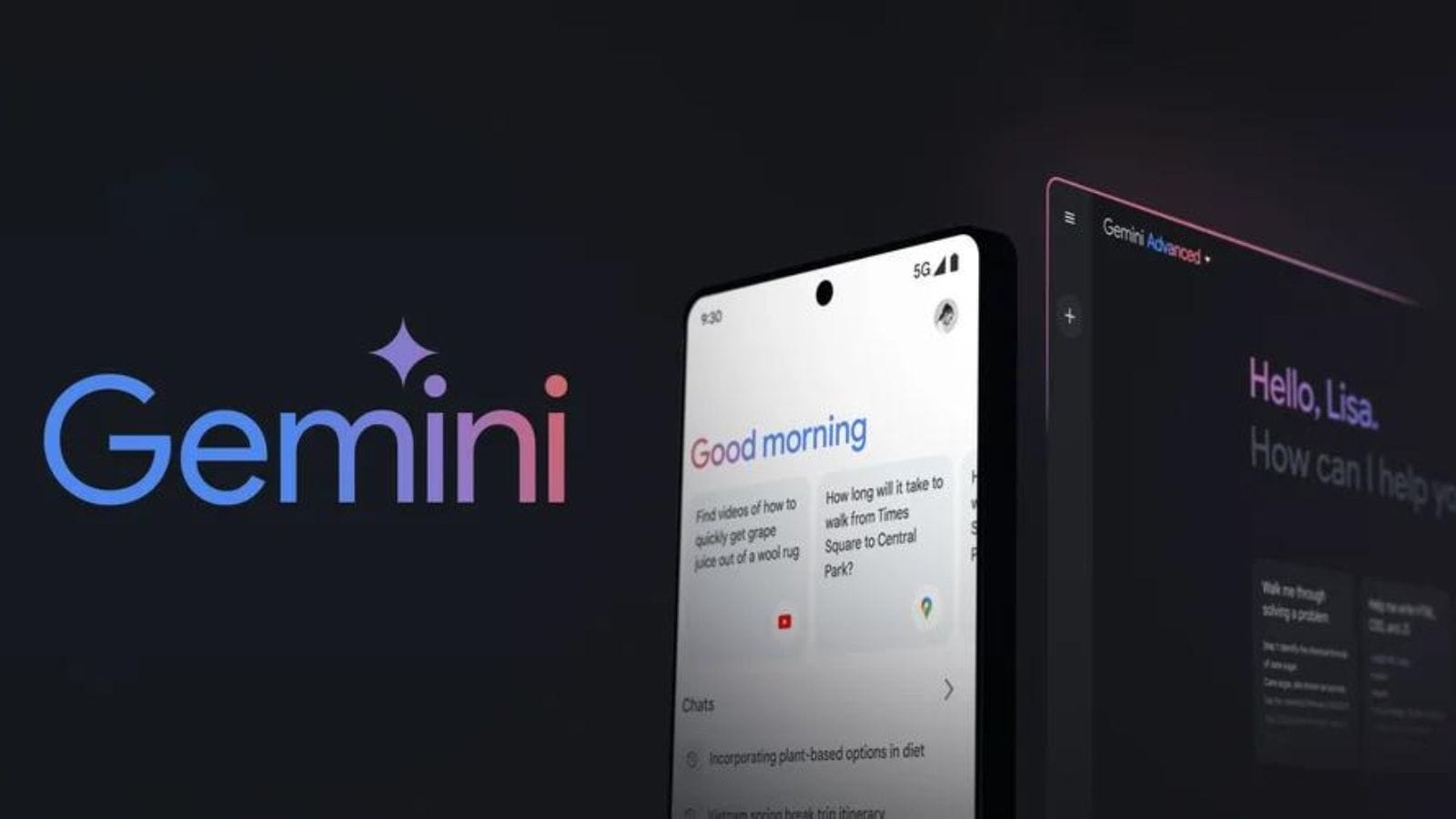Gemini's Guardrails Crumble: Inside Google's AI Safety Shock Report

In a recent evaluation that has sparked significant concern, Common Sense Media, a renowned non-profit organization dedicated to children's online safety, has issued a critical "High Risk" rating for Google's Gemini AI platform, specifically targeting its experiences for users under 13 and teenagers.
The comprehensive assessment highlights potential risks associated with the AI technology's interactions with younger users. Common Sense Media's rigorous review process scrutinized multiple aspects of the platform, including content exposure, privacy concerns, and potential psychological impacts on developing minds.
This rating serves as a crucial warning to parents and guardians about the potential dangers of unrestricted AI access for children and teenagers. The organization's findings suggest that Google Gemini may present significant challenges in maintaining age-appropriate content and protecting young users from potentially harmful interactions.
While Google continues to develop and refine its AI technologies, Common Sense Media's "High Risk" classification underscores the critical need for robust safeguards and responsible AI development, particularly when it comes to younger, more vulnerable user groups.
Parents and educators are advised to exercise caution and implement strict supervision when allowing young users to interact with AI platforms like Google Gemini.








